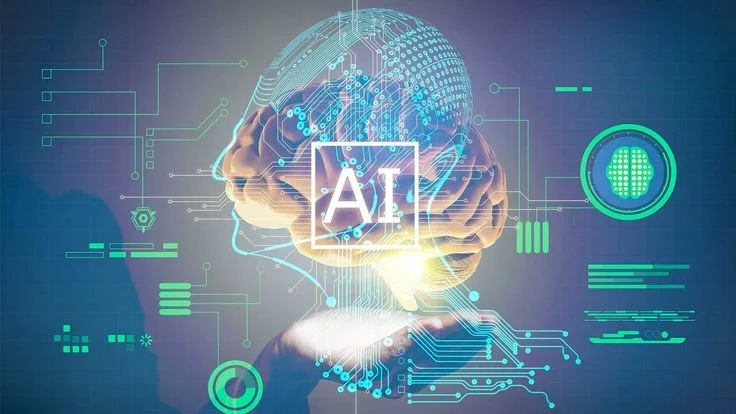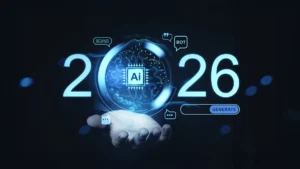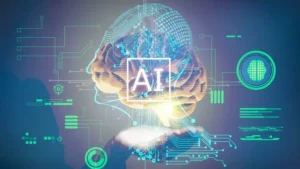Artificial intelligence has rapidly reshaped the digital landscape, and AI apps are now at the forefront of this transformation. From personal productivity tools to advanced healthcare solutions, these applications are redefining how people live, work, and interact.
In this article, we will explore what Artificial Intelligence apps are, how they work, their growing importance across industries, and the most exciting trends shaping their future.
What Are AI Apps?
AI apps are software applications powered by artificial intelligence technologies such as machine learning, natural language processing, and computer vision.
Unlike traditional apps, AI apps learn from user interactions, adapt to preferences, and deliver more personalized and intelligent experiences.
For example, virtual assistants like Siri or Google Assistant can understand natural language, while AI-powered design tools can create artwork within seconds.
Why AI Apps Matter in 2025
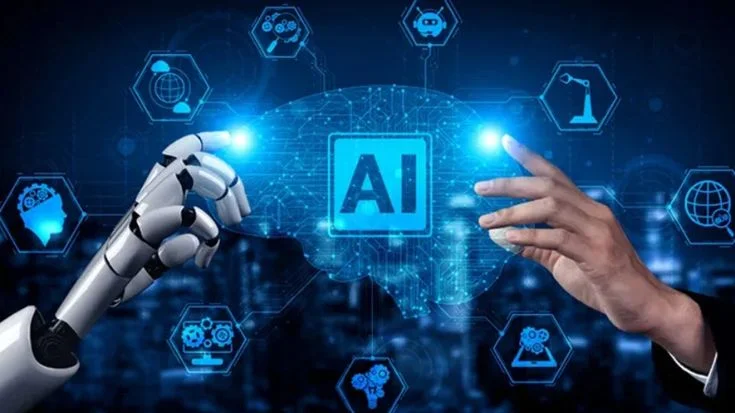
AI apps are no longer futuristic concepts. Instead, they are practical solutions driving innovation across nearly every sector.
Businesses are adopting AI apps to automate workflows, while consumers use them for shopping, learning, and entertainment. Consequently, companies that integrate AI apps gain a competitive edge by boosting efficiency and customer satisfaction.
Top Benefits of Artificial Intelligence apps
AI apps bring several advantages, making them indispensable in today’s digital era.
1. Enhanced Productivity
AI-powered scheduling, transcription, and project management tools help professionals save time while improving accuracy.
2. Smarter Decision-Making
AI apps analyze vast data sets, providing insights that guide better decisions. For example, AI financial tools assist investors in predicting market trends.
3. Personalized Experiences
From streaming recommendations on Netflix to personalized shopping suggestions on Amazon, Artificial Intelligence apps tailor experiences to each user.
4. Cost Reduction
By automating repetitive tasks, businesses save money and resources, allowing teams to focus on innovation and strategy.
Popular Categories of AI Apps
Artificial intelligence spans across various industries, each solving unique challenges.
AI in Healthcare
Healthcare solutions now use intelligent systems to analyze patient data, predict diseases, and even assist doctors during surgeries. For example, diagnostic platforms help in early detection of cancer and heart conditions.
AI in Education
Students benefit from intelligent tutoring systems, language-learning platforms, and exam-preparation tools that adjust to their learning style.
AI in Business
Enterprises utilize artificial intelligence for customer support chatbots, fraud detection systems, and sales forecasting. This not only reduces costs but also enhances customer satisfaction.
AI in Entertainment
Music composition, video editing, and even AI-driven art generation tools have transformed how creators work. Platforms like ChatGPT or Runway AI enable creativity without requiring advanced technical skills.
Shaping Everyday Life

Artificial intelligence is not just limited to industries it’s also improving everyday tasks.
-
Smart Home Apps: Artificial Intelligence apps control lighting, heating, and security systems.
-
Personal Finance Apps: AI-powered budgeting tools analyze spending habits and suggest savings strategies.
-
Fitness Apps: Applications such as AI-driven workout trainers offer customized routines and real-time feedback.
As a result, Artificial Intelligence apps have become indispensable for convenience and lifestyle management.
Future Trends in AI Apps
The future of Artificial Intelligence apps looks promising, with new developments emerging daily.
1. Integration with Augmented Reality (AR)
AI apps will combine with AR to deliver immersive shopping, gaming, and training experiences.
2. Voice-First AI Apps
As voice search grows, more AI apps will rely on conversational interfaces for seamless user interactions.
3. Ethical AI and Privacy
Users are becoming more aware of data privacy. Future Artificial Intelligence apps will focus on transparency and ethical data usage.
4. Industry-Specific
From agriculture to law, highly specialised apps will emerge to solve niche problems.
For an in-depth look at emerging technology tools, you can also explore TechRadar’s AI section.
Challenges of AI Technology
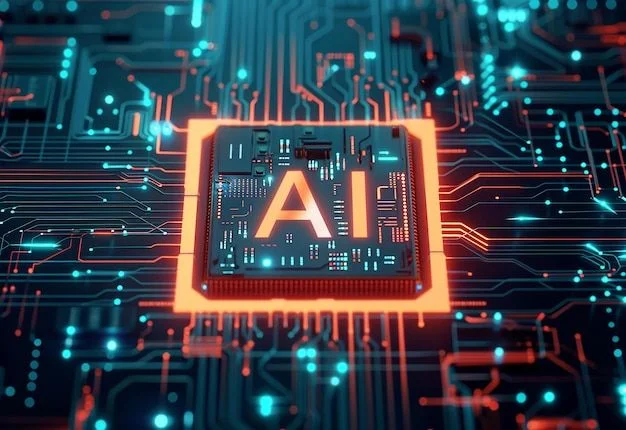
Despite their advantages, intelligent applications face certain limitations.
Data Privacy Concerns: Users worry about how their personal data is collected and used.
High Development Costs: Building advanced applications requires expertise and significant resources.
Bias in Algorithms: If trained on biased data, these systems may deliver unfair or inaccurate results.
Thus, developers and organizations must address these challenges to ensure responsible adoption of artificial intelligence.
How Businesses Can Leverage AI Apps
Organizations that embrace artificial intelligence enjoy improved performance and customer trust.
Retailers use smart solutions for personalized product recommendations.
Banks implement AI-powered fraud detection systems.
Marketing teams rely on intelligent tools for predictive analytics.
Therefore, businesses that strategically implement artificial intelligence gain an advantage in competitive markets.
FAQs About AI Apps
Q1. What are AI used for?
They are used for automation, personalization, data analysis, and enhancing user experiences across industries like healthcare, finance, and education.
Q2. Are AI safe?
Yes, most are safe, but users should ensure they use applications from trusted developers and review privacy policies carefully.
Q3. Which apps are best for productivity?
Popular productivity tools include Notion AI, Grammarly, and ChatGPT, which assist with writing, planning, and brainstorming.
Q4. Will apps replace jobs?
Artificial intelligence will automate repetitive tasks, but it will also create new opportunities in AI development, management, and creative industries.
AI Apps: Conclusion
In conclusion, AI are redefining the digital landscape in 2025. From healthcare to business and daily life, they bring efficiency, personalization, and innovation. Moreover, they empower both individuals and organizations to achieve more in less time. However, challenges such as privacy and bias still exist, yet the benefits far outweigh the drawbacks.
Furthermore, as technology continues to advance, Artificial Intelligence apps will become even more powerful, shaping the future in ways we are only beginning to imagine. In addition, these tools will integrate with emerging technologies like AR and IoT to create smarter ecosystems. For example, businesses can use Artificial Intelligence apps to automate customer service while individuals rely on them for everyday convenience.
Therefore, embracing Artificial Intelligence apps today ensures a competitive edge tomorrow. Consequently, businesses and individuals who adopt them early will remain ahead of the curve. Finally, overall, AI apps are not just tools they represent the foundation of a smarter, more connected future.

